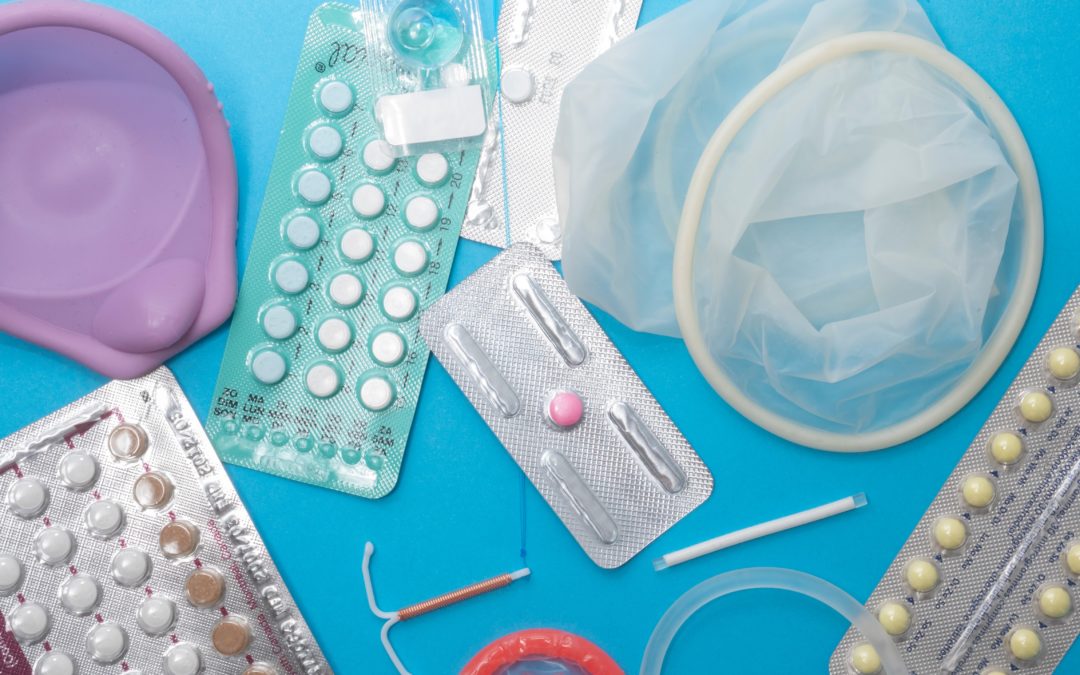Questions About Getting Tested
What can I expect to happen when I arrive for my appointment at the Project?
*We are required by state law to report positive HIV and STI test results to the Department of Public Health
The Project is a sex-positive clinic. That means we support any consensual sexual behaviors you enjoy and practice.
Our space is a judgment-free zone. We see people from all walks of life who have different sexual interests and desires! Come as you are, because no matter who you are or what you do, we think you’re pretty darn cool.
Some boring paperwork. After a prevention specialist makes you comfortable and answers any questions, you’ll complete some paperwork, so that we can follow up with you about your results.
What STIs does The Project test for?
Can I get tested for Genital Herpes and HPV at The Project?
If you are experiencing symptoms and want to seek treatment, you can schedule an appointment with our conveniently attached Primary Health Care University Medical Clinic.
How do I know what STI tests I need?
HIV: Everyone should get an HIV test at least once a year. You should get tested more often if you have a partner living with HIV, are in an open relationship, are a sex worker, share needles for any purposes or if any of your partners fall into these catagories. We also recommend gay, bi, and other men who have sex with men, as well as people who identify as trans get tested more frequently.
Hepatitis C (HCV): If you have ever shared needles or used drugs intravenously. If you are over the age of 65 and have never had an HCV test.
Rectal Swab: If you have bottomed (receptive partner during anal) or shared toys analy we recommend a rectal swab.
Throat Swab: If you perform oral sex we recommend a throat swab.
Urine Catch: If you top (insertive partner during anal), receive oral sex on your vagina or penis, or have insertive vaginal sex, we recommend a urine catch.
Don’t worry about coming to your appointment knowing exactly what you need to be tested for! We will go over all of this when we ask you about your sexual history.
When should I make an appointment to get tested for an STI?
- Before or after you have new partner or a partner that sleeps with others
- If you’ve been exposed to an STI
- Before or after you’ve shared needles
- If you are taking PrEP
- If you are considering taking PrEP
- If you are considering having sex
How often should I get tested for HIV/STIs?
Below we have outlined the specific recommendations from the CDC for each of the tests that we offer:
HIV. The CDC recommends that everyone should get tested for HIV at least once in their lifetime. People who have sex with new partners or more frequently should get tested once a year. Men who have sex with men, trans people, people who inject drugs, and others who may not use condoms should get tested every 3 to 4 months.
Chlamydia and gonorrhea. These are common and easily treated sexually transmitted infections. If you are sexually active you should get tested at least once per year.
Syphilis. Did you know that you can have syphilis for 10 years, but not have symptoms? It is more common in men and if not treated it can cause serious health issues. Once detected syphilis is easy to treat with antibiotics. The CDC recommends that if you are having sex you should get tested at least once per year.
Hepatitis C (HCV). You should get tested for Hepatitis C if you were born between 1945-1965, you inject drugs or have partners who inject drugs.
When will I get the results from my HIV/STI test?
We like to say, no news from us is good news. If we don’t call you with your results, it means everything came back clear.
How do I prepare for doing a urine catch at my testing appointment?
Try not to urinate one hour before providing your urine sample. Do not douche, wash, vaginally within 48 hours of your test. If you are on antibiotics, wait one week of being off before coming in to test, or retest if necessary.
How long should I wait to get tested after anal douching?
Questions about HIV and Hepatitis C (HCV)
How do you test for HIV?
The Determine rapid HIV test takes about 20 minutes, and we do this test if you have had a new partner in the last 6 weeks and are not on PrEP or if you are getting tested before starting PrEP.
If you’ve been exposed to HIV in the last 6 to 8 weeks it could be too soon for these tests to detect HIV. If that is the case at your appointment, we encourage you to come back at a later date to get tested again or discuss other options for testing.
In the case that your rapid HIV test comes back “Reactive” we will do a blood draw and send it to a lab for further evaluation, we’ll have you come back within 3 business days to discuss the results.
What happens if my HIV test comes back positive?
For HIV results we ask that you come back to the clinic to discuss results in person. HIV results come back within 3 business days. While we wait for results the Prevention Specialist will call to check in with you, answer any questions, and confirm an appointment time.
At the appointment you and the Prevention Specialist will discuss results. If an HIV infection is confirmed the Prevention Specialist will work with you to decide where you would like to start medical care, either at Primary Health Care or another medical clinic and make the appropriate referrals. We will have a nurse, case manager, and behavioral health consultant ready to begin care if you choose.
HIV is easily managed with medication, at The Project we understand that each individual will respond differently to an HIV diagnosis and there may be things that make engaging in medical care difficult. Our case management and medical team specialize in providing medical care and social support for people living with HIV. Know that we will be here every step of the way to help you navigate your diagnosis.
How do you test for Hepatitis C (HCV)?
If your rapid HCV test comes back “Reactive” we will do a blood draw and send it to a lab for further evaluation, you will be contacted with the results of the blood draw within 3 weeks.
What happens if my Hepatitis C (HCV) test comes back positive?
Remember that if your test is positive, that doesn’t necessarily mean you have HCV. We will take a little more blood to send to a lab for more testing. Usually, we get the results in 3 weeks, and we will give you a call to go over your results and the next steps.
If you are positive for HCV you can get treatment right here at the Primary Health Care Medical Clinic, and if the cost is a barrier you can talk to your provider or our pharmacist about financial assistance programs that we have available.
Questions about PrEP and Healthy Sex
Can you help me get started taking PrEP?
Our staff will walk you through the process of getting started with PrEP, help you schedule an appointment with a medical provider, and talk about ways to pay for your medication including financial assistance for those who qualify! In fact, most of our patients don’t pay anything for PrEP.
Remember PrEP is only effective in preventing HIV, and not other STIs. Still continue to practice health sex habits like using a condom to prevent chlamydia, gonorrhea and syphilis.

